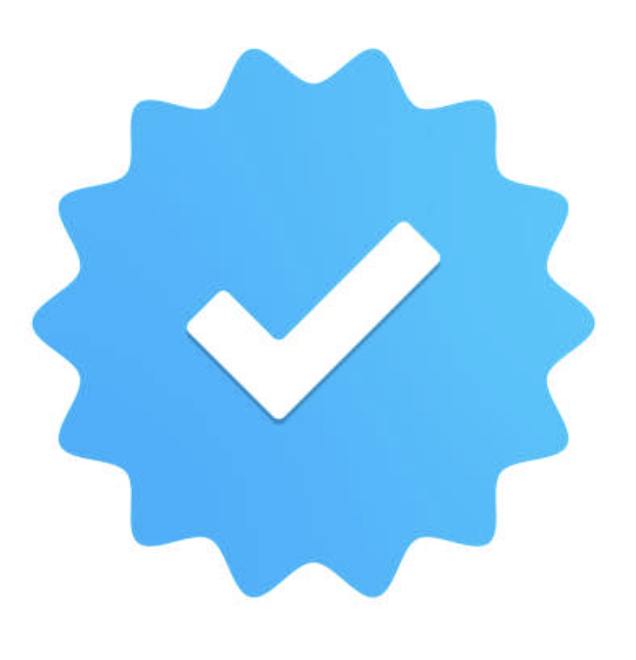Unlike occasional tiredness, hypersomnia is often chronic and can occur even after seemingly sufficient nighttime sleep. Individuals with hypersomnia may find it difficult to stay awake during the day, falling asleep in inappropriate situations such as at work, on public transportation, during the middle of a conversation, or even while driving.
The causes of hypersomnia can be varied, ranging from medical conditions to lifestyle factors. Primary hypersomnia, such as idiopathic hypersomnia, has no known cause but is believed to be linked to abnormalities in the brain’s sleep-wake mechanisms. Secondary hypersomnia can result from other underlying conditions like sleep apnea, which disrupts sleep and causes excessive daytime sleepiness. Other medical conditions, such as depression, multiple sclerosis, and Parkinson’s disease, can also lead to hypersomnia. Additionally, certain medications, substance abuse, and poor sleep hygiene can contribute to this disorder. Identifying and treating the underlying cause is essential for managing hypersomnia and improving the quality of life for those affected.
Treating hypersomnia involves a multifaceted approach tailored to the underlying cause of the condition. For secondary hypersomnia, addressing the primary health issue is crucial. For instance, if sleep apnea is the cause, using a continuous positive airway pressure (CPAP) machine at night can improve breathing and reduce daytime sleepiness. For individuals with depression or other psychological conditions contributing to hypersomnia, appropriate treatments such as antidepressants or therapy may be effective. Lifestyle modifications, such as establishing a regular sleep schedule, improving sleep hygiene, and ensuring a comfortable sleep environment, can also help manage symptoms.
In cases of primary hypersomnia, where no underlying cause is identified, treatment focuses on managing symptoms to improve daily functioning. Medications such as stimulants (e.g., modafinil or amphetamines) can be prescribed to promote wakefulness and reduce excessive daytime sleepiness. Additionally, adopting behavioral strategies like scheduled naps and regular exercise can enhance alertness and energy levels. Cognitive-behavioral therapy (CBT) may also be beneficial in helping individuals cope with the impacts of hypersomnia on their daily lives. Overall, a combination of medical interventions, lifestyle changes, and supportive therapies can significantly improve the quality of life for those suffering from hypersomnia.
Establish a Regular Sleep Schedule: Go to bed and wake up at the same time every day, even on weekends. Consistency helps regulate your body’s internal clock and can improve the quality of nighttime sleep, reducing daytime sleepiness.
Optimize Sleep Environment: Create a sleep-friendly environment at bedtime by keeping your bedroom dark, quiet, and cool. Use blackout curtains, earplugs, or white noise machines if necessary to minimize disruptions.
Practice Good Sleep Hygiene: Avoid caffeine, nicotine, and alcohol close to bedtime, as these substances can interfere with sleep quality. Develop a relaxing pre-sleep routine, such as reading or taking a warm bath, to signal to your body that it’s time to wind down.
Scheduled Naps: Incorporate short, scheduled naps into your daily routine to help manage excessive daytime sleepiness. Keep naps brief (20-30 minutes) to avoid disrupting your nighttime sleep.
Regular Exercise: Engage in regular physical activity, as exercise can help improve overall sleep quality and reduce daytime sleepiness. However, avoid vigorous exercise close to bedtime as it may be stimulating.
Medication Management: Under the guidance of a healthcare professional, use medications such as stimulants or wakefulness-promoting agents to manage symptoms of hypersomnia. These can help increase alertness and reduce excessive sleepiness during the day.
Cognitive-Behavioral Therapy (CBT): Consider cognitive-behavioral therapy to address any underlying psychological factors contributing to hypersomnia. CBT can help develop coping strategies and improve overall well-being, which may enhance sleep patterns and reduce daytime sleepiness.
Let us help you restore the natural rhythm of sleep, improving your quality of life. Same-week and sometimes even same-day appointments are often available for our clients.

The thoroughness of the doctor is unmatched in my experience.

They offered same-week appointments, which was a lifesaver! Arriving 45 minutes early, I braced myself for a wait, but to my surprise, they happily accommodated me. The friendly polite office staff further eased my nerves.

Highly recommend. A very professional doctor great experience.

The doctor was very knowledgeable and explained things very clearly. My concerns were addressed and she was very detailed with her explanations. I did not feel rushed during my visit and overall, had a pleasant experience with this provider.

Great! Very professional and can clearly answer all my questions. Put me at ease.

Great doctor, very knowledgeable and pleasant! Prior recommendation worked.